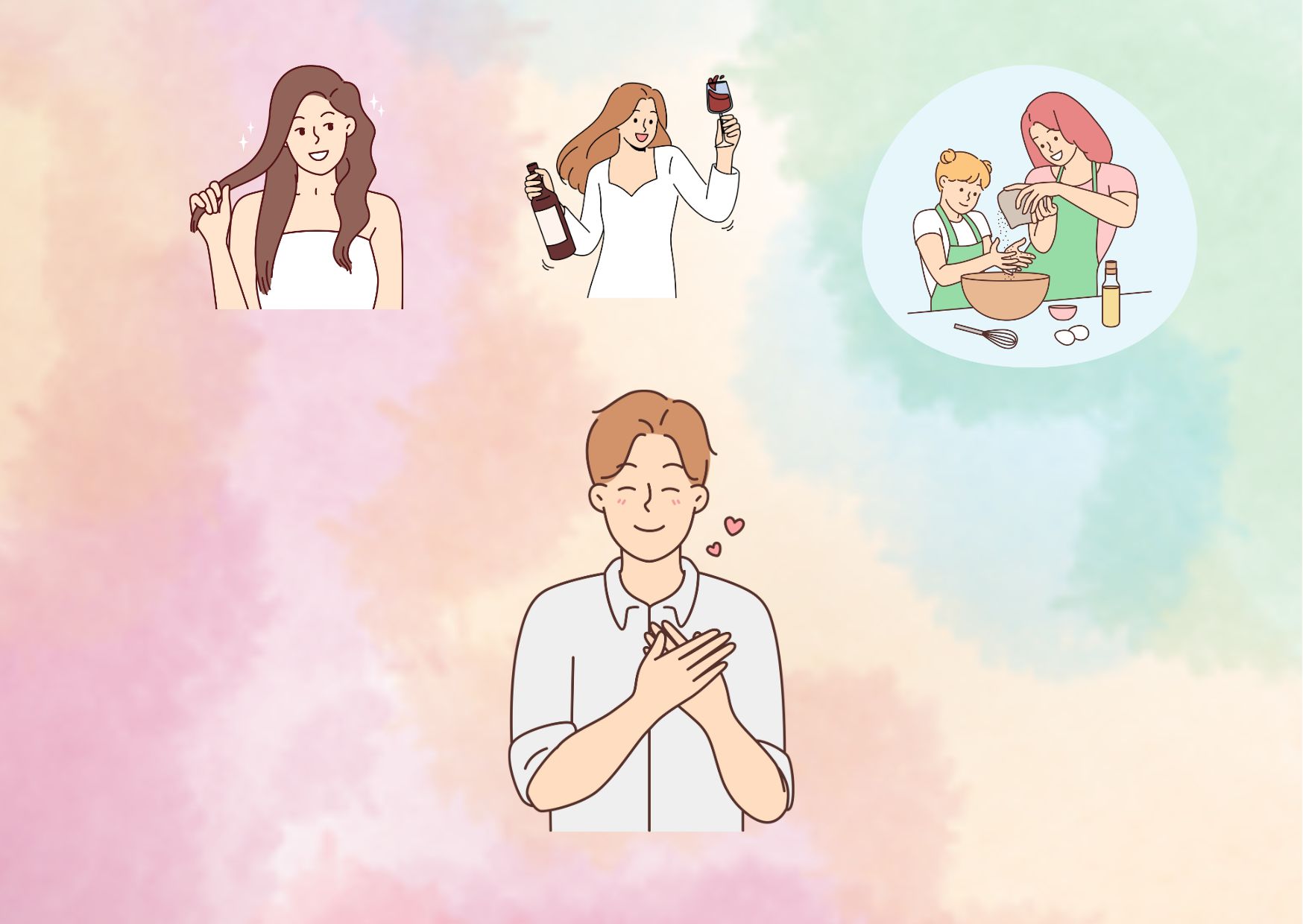Fascinating Three Loves Theory
Love is a complex and multifaceted emotion that has puzzled humans for centuries. The three loves theory offers a fresh perspective on how individuals experience romantic relationships throughout their lives. This concept suggests that people typically encounter three significant loves, each serving a unique purpose and contributing to personal growth.
Three Loves Theory
The three loves theory explores the different types of love people may experience in their lifetime. It delves into the characteristics of each love, from the idealistic first love to the transformative second love, and finally to the unconditional third love. By examining these distinct phases, the theory sheds light on the evolution of romantic relationships and helps people understand their own journey through love. This deep dive into the three loves theory aims to provide insights into the nature of love and its impact on personal development.
The First Love: Idealistic and Youthful
The first love, often experienced during adolescence, has a profound impact on an individual’s life. This initial encounter with romantic feelings is characterized by its intensity, idealism, and the lasting imprint it leaves on one’s psyche. As part of the three loves theory, the first love serves as a foundation for future relationships and shapes one’s understanding of romance.
Characteristics of first love
First love is typically marked by its overwhelming nature and the flood of new emotions it brings. Adolescents experiencing their first love often feel a sense of euphoria, accompanied by heightened energy and excitement. This intense emotional state has a biological basis, as the brain releases a cocktail of hormones and neurotransmitters, including dopamine, oxytocin, and norepinephrine.
The idealistic nature of first love is another defining characteristic. Young individuals tend to view their partner through rose-tinted glasses, often overlooking flaws and idealizing the relationship. This idealism stems from a combination of inexperience and the brain’s tendency to focus on positive aspects during this stage of development.
First love also tends to be all-consuming, with individuals dedicating significant time and energy to thoughts of their partner. This obsessive quality has been linked to lower serotonin levels in the brain, similar to what is observed in individuals with obsessive-compulsive disorder.
Why it often doesn’t last
Despite its intensity, first love rarely stands the test of time. Several factors contribute to the transient nature of these early relationships:
- Lack of experience: Young individuals often lack the emotional maturity and communication skills necessary to navigate the complexities of a long-term relationship.
- Changing priorities: As adolescents transition into adulthood, their goals, values, and interests may shift, leading to incompatibility with their first love.
- Unrealistic expectations: The idealized nature of first love can create unrealistic expectations that are difficult to maintain over time.
- External pressures: Factors such as education, career aspirations, or family expectations may pull partners in different directions.
- Personal growth: The rapid personal development that occurs during adolescence and early adulthood can lead to individuals outgrowing their first love.
Lessons learned
While first love may not last, it serves as a crucial learning experience in the context of the three loves theory. The lessons gained from this initial romantic encounter can have a lasting impact on an individual’s approach to future relationships:
- Understanding emotions: First love introduces individuals to the complexities of romantic feelings, helping them recognize and manage their emotions better in future relationships.
- Setting boundaries: Through trial and error, individuals learn to establish healthy boundaries in relationships, balancing personal needs with those of their partner.
- Communication skills: First love often provides the initial platform for developing effective communication skills within a romantic context.
- Self-discovery: The experience of first love contributes to self-awareness, helping individuals understand their own needs, desires, and values in a relationship.
- Resilience: The end of a first love, while painful, teaches valuable lessons about coping with heartbreak and moving forward.
- Realistic expectations: As the idealism of first love fades, individuals develop a more grounded understanding of what to expect in future relationships.
In conclusion, the first love, as part of the three loves theory, plays a crucial role in shaping an individual’s romantic journey.

